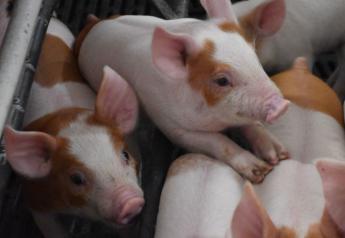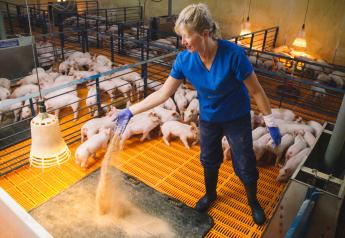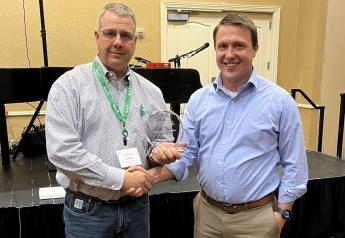Dan Murphy: A Scam Within a Scam

In the long history of the retail meat business, there have been many stories of scam artists, hustlers and other underhanded operators who sold poor quality or even tainted meat products to unsuspecting customers.
In fact, many of the independent purveyors who built their businesses supplying the hotel and restaurant trade in the postwar era did so not by offering a better price, but on the basis of being reliable enough to deliver the quality and quantity a customer ordered.
But this account of a meat scam is that much more interesting because it intersects with the religious equivalent of the guy selling steaks from the back of his truck in some backwater parking lot.
As recounted in a lengthy article in The Daily Beast, the story details the experience of a once and former member of the Church of Scientology, who not only was swept up in that cult’s psychological indoctrination but also got involved in a years-long hustle selling meat on the streets of San Francisco and Los Angeles.
Here’s how the story begins:
Street Hustlers
“In the summer of 1973, Conrad Romo, a 19-year-old from L.A. whose Catholic upbringing had been derailed by books like Hermann Hesse’s Siddartha and John G. Neihardt’s Black Elk Speaks — anything that ‘spoke of more than just this world’ — turned on the TV and watched an advertisement for a new religion called Scientology.”
Romo “got seduced, spent years of his life and thousands of dollars on Scientology,” the article explained, “and then ‘woke up,’ confused and lonely, sometime in the late 1980s.”
Like hundreds of other ex-Scientologists.
Before that awakening, however, Romo and several other former members talked to The Daily Beast about a rarely discussed chapter in their scientologist saga: Participating in a “niche industry,” as it was euphemistically described, that for nearly a decade engaged many Scientology converts selling meat in Los Angeles and San Francisco.
For four years, Romo said he drove a refrigerated truck around greater Los Angeles, parking it outside stores patronized by food stamp users, and according to the article, “hawking overpriced steaks to anyone who passed by.”
Why, and how, did he get caught up in such a scam? Same reason everyone does: to make money.
That’s because joining Scientology requires members to make significant financial contributions, first by taking a sequence of courses that become increasingly costly, and then by enrolling in the group’s therapy sessions called “auditing.”
As the articled noted, “After the first course, students are encouraged to enroll immediately in the next level, so that they can begin climbing what members call ‘The Bridge,’ a rising scale that promises to assist students to ‘go clear,’ the Scientology equivalent of Nirvana.”
To fund that climb toward The Bridge, Romo and his fellow converts took to the streets, in what The Daily Beast called a “bizarre plot” to sell meat to poor people.
But that’s only because the young woman who authored this article obviously didn’t grow up on the East Coast back in the day, because then she would have been well aware that in pretty much any sizeable Northeast city all you had to do was nose around a bit, and you could hook up with the lowlifes who sold illegal, untaxed cigarettes, boxes of “premium” steaks and all manner of shrink-wrapped electronics out of a rundown semi-trailer, all for the low, low price of a wad of cash and no questions asked.
Likewise, the Scientology sales program “was something of a scam,” the article diplomatically noted, in part because meat was a risky, high-pressure product. “[Meat] is a perishable item, so you really had to hustle,” Romo said. “Otherwise, you winded (sic) up having to either toss it or eat it.”
It might seem counter-intuitive to hustle steaks to people living on food stamps, but as Romo explained, “You weren’t going to sell meat in Beverly Hills. [We] had to tour low-income neighborhoods and housing projects or stake out food stamp stores.”
There was another reason to target low-income folks.
In 1998, an LA Times article reported that several executives of the Scientologists’ meat supplier, Tully Meats, had pleaded guilty to charges that they had added chicken gizzards to the hamburger patties, “passing them off as pure beef.”
Unfortunately, that part of the story is hardly unique. Unlike the backstory of Scientology, which is even tougher to swallow than the cheapest gizzard-laced hamburger.
Editor’s Note: The opinions in this commentary are those of Dan Murphy, a veteran journalist and commentator.







